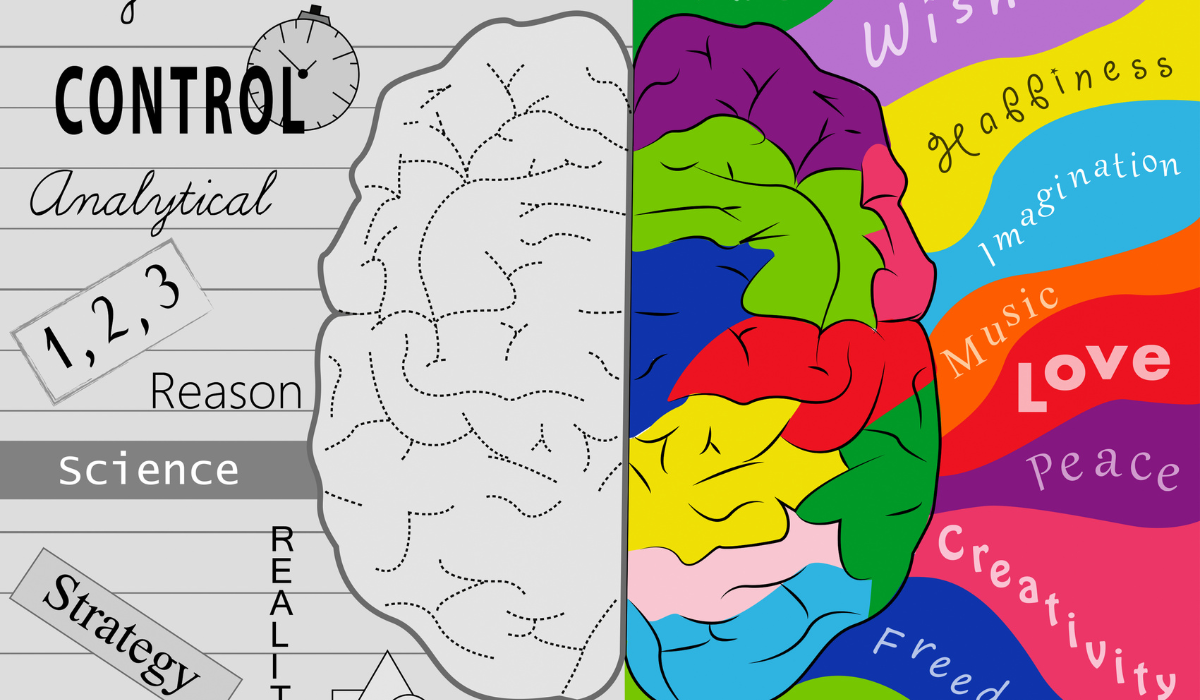In the world of parenting, our responses are the compass guiding our children through emotional storms. Choose empathy as the North Star, and you’ll help them find their way to calmer waters.
This morning, as I waited for my daughter’s school bus, I witnessed a situation that hit home and got me thinking about the challenges of parenting. After the Dussehra holidays, the school gates opened, and I observed an intense interaction that reminded me of how complex parenting can be.
A parent was visibly upset and frustrated, and I couldn’t help but empathize with her. Her annoyance showed in her words, and it felt like a familiar scenario. At the center of her frustration was her 9 or 10-year-old child. The young one had lost a crucial school book, and despite their best efforts, it couldn’t be found. In the midst of this small crisis, the parent’s tone grew sharper, “It’s all your fault. You should have been more careful. How many times have I reminded you to keep your things in place? Now, the teacher will punish you, and you deserve it.”
The child, who was already feeling nervous about the situation, was pushed further into emotional turmoil. I remembered the times I’d let my frustration get the best of me with my own children.
In situations like these, something called an “amygdala hijack” can occur, and its impact on children is profound. The amygdala, a small but powerful part of our brains responsible for emotions, plays a significant role in our responses to stress and perceived threats.
For children, an amygdala hijack can be particularly challenging. Here’s a closer look at its effects:
1. Intense Emotions: During an amygdala hijack, children experience intense emotions. Their amygdala signals a perceived threat or danger, leading to feelings of fear, sadness, or anger that can be overwhelming.
2. Impaired Thinking: The amygdala hijack temporarily impairs a child’s ability to think clearly. It can hinder their capacity to find rational solutions to problems or challenges.
3. Communication Difficulties: Children caught in an amygdala hijack might struggle to communicate effectively. Their intense emotions can make it challenging to express themselves and convey their thoughts.
4. Emotional Storm: Instead of calm problem-solving, an amygdala hijack results in an emotional storm within the child. They are swamped by powerful emotions, making it challenging for them to navigate the situation rationally.
The impact of an amygdala hijack on children is significant. It turns a situation that could have been an opportunity for learning and problem-solving into an emotional minefield. These moments can leave lasting emotional scars and affect how children perceive and manage challenges in the future.
So, what can we learn from moments like these? As parents, we must recognize the substantial impact of our words and emotions on our children’s emotional well-being. While we may aim to teach our children a lesson, how we respond can either calm their emotional waters or make things stormier.
Rather than escalating the situation, we can take a different path. When faced with our child’s mistake or misfortune, we can offer a kind and understanding response. We can acknowledge their feelings, empathize with their challenges, and work together to find solutions. This approach soothes their amygdala and creates a safe space for their emotions.
In the end, understanding how an amygdala hijack affects children reminds us of the immense power we hold as parents. Our responses can either fan the flames of emotional turmoil or calm the storm. We have the choice to provide a safe harbor for our children’s emotions, guiding them through life’s challenges with empathy and understanding.
Happy Parenting!
